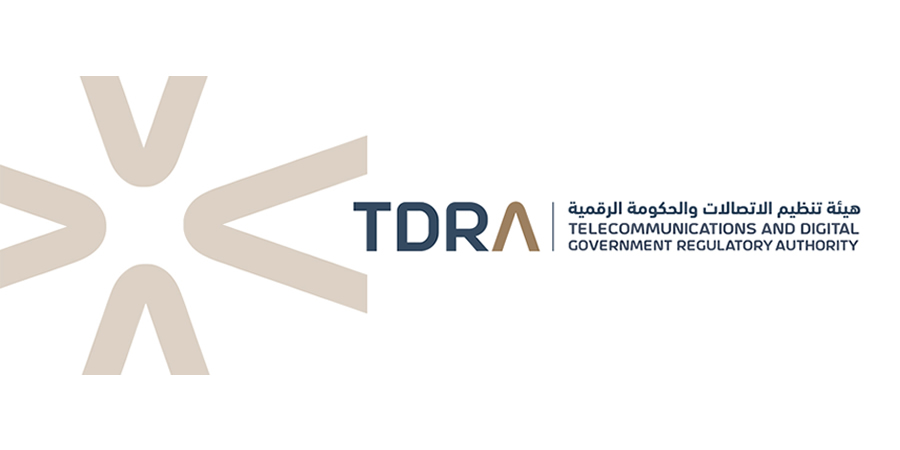The Telecommunications and Digital Government Regulatory Authority (TDRA) has made the first field measurements in the Middle East to develop criteria for compatibility between International Mobile Telecommunications (IMT) and Global System for Mobile Communications – Railway (GSM-R).
TDRA is taking proactive steps to enhance the readiness of the ICT sector for future smart transportation and improve traffic management. Thus, such measurements will enable train passengers to obtain high-quality communication and internet services, and detect and neutralize any harmful interference that may lead to disruption or affect the quality of the telecom services.
On these measurements, Eng. Tariq Al Awadhi, executive director of spectrum affairs, said, “The Telecommunications and Digital Government Regulatory Authority is keen to preserve and invest the frequency spectrum resources in the most appropriate way and provide the best services for the happiness of all of the Emirati society members. Competent teams in TDRA monitor frequency spectrum using the latest technologies to prevent any harmful interference affecting the telecommunication services.”
Headed by Engineer Saleh Al Masabi, director of spectrum services at TDRA, these measurements have been carried out as part of an assignment from the technical committee of the GCC Council Telecommunications Technical Office to TDRA. It included field measurements of all bands designated for mobile services, such as 2G, 3G, 4G.
In conclusion, the standards used at the current time can guarantee efficient work of the two systems without any harmful interferences. Furthermore, the current standards guarantee sufficient frequency ranges, broadcasting power of 30 to 50 watts, continuous coordination between service providers.
It is worthy to note that the compatibility between IMT and GSM-Railway is an important global issue that was discussed in the World Radiocommunication Conference 2019.
Also read: Radio spectrum is a key enabler for UAE’s digital economy










